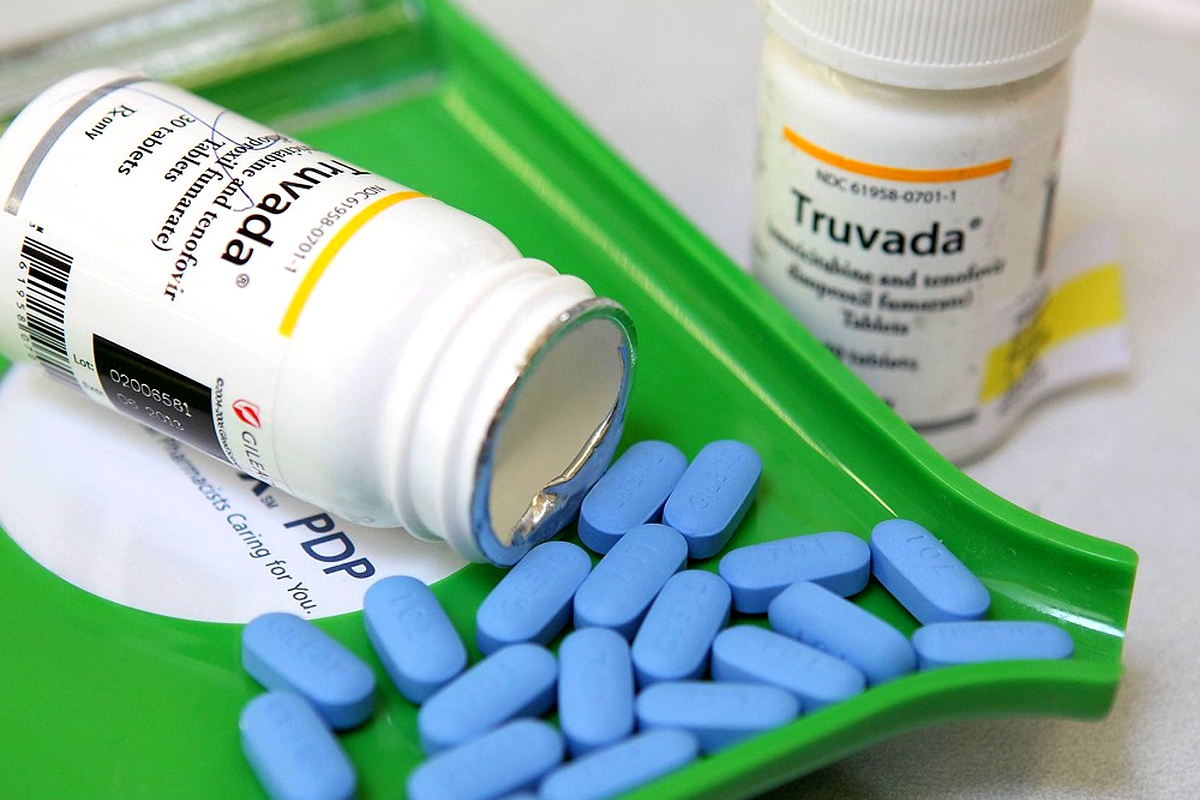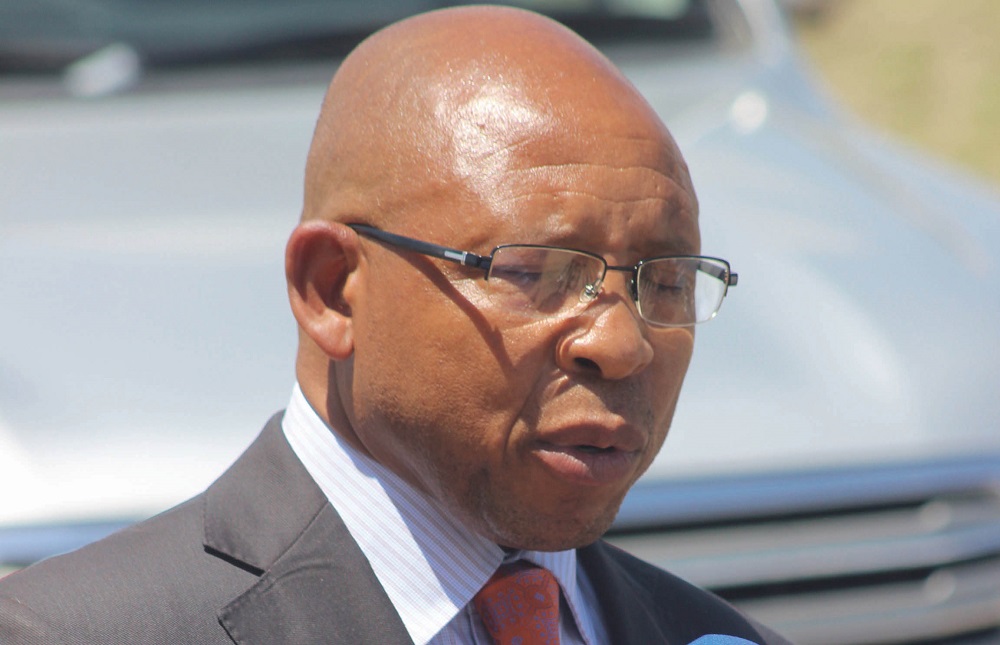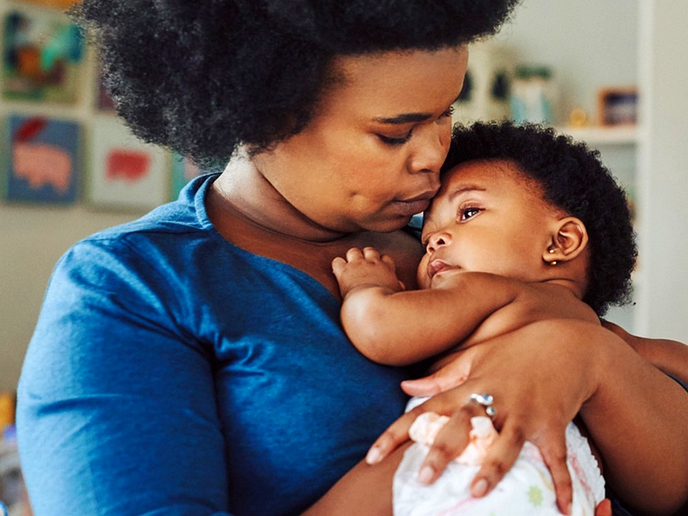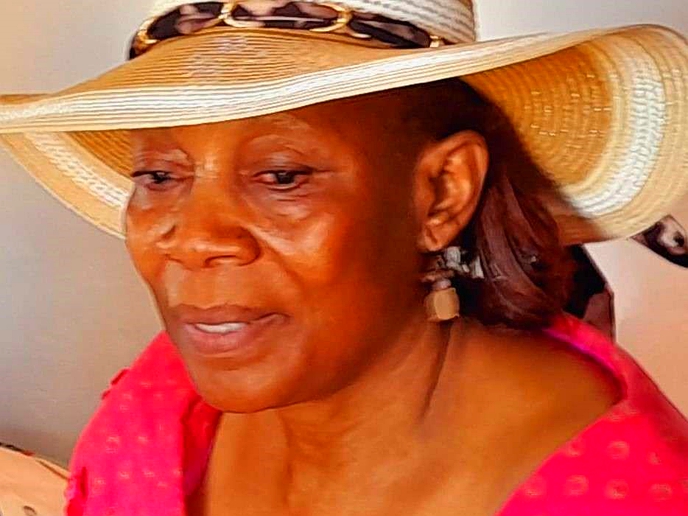THE National AIDS Commission (NAC) says although the COVID-19 pandemic had a significant effect on people living with HIV in Lesotho, all HIV treatment programmes were however, not disrupted.
health
Oct. 30, 2020
LINEO MABEKEBEKE
4 min read
No HIV treatment disruptions – NAC

Anti Retroviral Truvada
The NAC was responding to the HIV and AIDS Committee’s concern that the pandemic might have posed a significant threat for people living with HIV in the country through disrupting their access to health services in various ways.
The Committee therefore invited the National AIDS Commission (NAC) to brief it on how the pandemic has impacted on the HIV treatment programmes.
The briefing was held on October 15.
In response, NAC submitted that HIV testing never stopped at local health facilities although it was compromised by the national lockdown and the industrial action by health workers.
The commission further showed that testing through outreaches was also affected by the lockdowns and eventually came to a halt.
However, self-testing kits were distributed though the demand was higher.
NAC showed that HIV treatment was slightly affected as only 63 out of 326 health facilities countrywide were affected by the health workers’ strike.
The launching of the multi-month dispensing strategy, the NAC said was of great benefit as people living with HIV were given between three and six-month supply of ARVs at one visit; thereby avoiding long queues which would compromise social distancing.
The main challenge encounter, the commission showed was with people working in South Africa as there was a delay in information dissemination with regard to where they would get their ARV supply during the COVID-19 lockdown. NAC further stated that Antenatal care was only affected in April during the first lockdown but picked up in May; the same trend was observed for pregnant women at Antenatal Care units. The commission however, indicated that there were no clear trends of COVID-19 impact on early infant testing.
On the issue of Sexual and Gender-Based Violence, NAC said it is yet to compile a comprehensive statistical report from the Ministries of Police and Health in order to properly quantify the cases.
“However, there was a notable increase of gender-based violence as well as sexual and child abuse cases during lockdown; this report will enable us to make a follow-up on the new HIV infections if there are any,” the commission showed in a report.
NAC also highlighted that it participated in various COVID-19 programmes in order to capacitate its staff; however the main challenge was resources, both financial and human.
Enjoy our daily newsletter from today
Access exclusive newsletters, along with previews of new media releases.

Prime Minister Dr Moeketsi Majoro
“We are placed under the Prime Minister’s office but we often do not get any allocations from the ministry and we do not get any allocations from the Ministry of Health either, yet we work closely with the ministry,” NAC also said.
It further reported that it works with the Ministry of Local Government and Chieftainship especially at district level, adding however, that its offices are often taken over by the Ministry.
“As a result, we spend a lot of time fighting for office space instead of working. Due to budgetary constraints, paying rent is a challenge and at times we have to cut a certain per cent of personal emoluments to pay for office space,” it also said.
The Committee has recommended that the NAC’s grievances be addressed urgently by the relevant Portfolio Committees together with the Office of the Prime Minister, Ministry of Local Government and Ministry of Health to bring a permanent solution which will support its smooth operations.
Lesotho has a high HIV prevalence of 23.6 per cent among people aged 15 to 49 years of age.
It is estimated that 340 000 people are living with HIV, of whom 61 per cent (206,000) are on treatment.
The prevalence is higher among female sex workers and among men who have sex with men.
New HIV infections have declined by 35 per cent from 2010 to 2018 and in 2018 there were 13 000 new HIV infections and 6 100 AIDS related deaths.
HIV prevalence in percentage per district is as follows: Mohale’s Hoek - 29.3 per cent, Maseru - 27.8 per cent, Quthing - 26.5 per cent, Mafeteng - 26.3 per cent, Thaba-Tseka - 26.2 per cent, Mokhotlong - 26.1 per cent, Qacha’s Nek - 25.9 per cent, Leribe - 23.7 per cent, Berea 23 per cent and Botha-Bothe - 17.8 per cent.
Tailored for you






